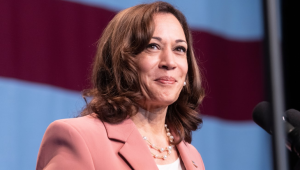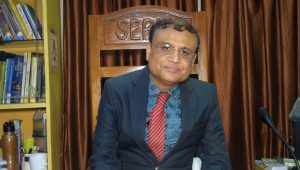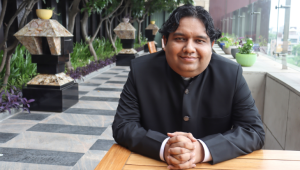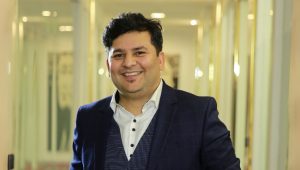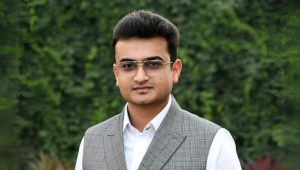WPP established the WPP Foundation in India with a primary focus on improving the education apparatus and training for sustainable livelihoods. The Director General of the WPP Foundation, Rama, believes that education can improve lives considerably. With this as her guiding principle, the Education to Livelihood (E2L) programme was launched to target student retention, improve academic outcomes, develop subpar academic performance, work-related skill development, and entrenched social norms that hamper education. Since the establishment of the WPP Foundation in 2015, Rama and her team have worked tirelessly to identify their beneficiaries — children and their communities. Since June 2016, Rama has been operating the E2L programme, which covers approximately 20,000 students from 10 government-aided schools in uran, peri urban and rural geographies, of Mumbai and Delhi NCR and Haridwar. Rama elucidates that each child in this programme is supported for seven long years, right from when they join the 6th grade in their schools till they complete the first six months of their job placements through the livelihood programme at age 18. Moreover, she and her team work with students moving from primary to secondary schooling (11-18 years old) and guides them in the journey of choosing life goals for a secure future. Through teacher training and leadership programmes, she ensures that school authorities are empowered and involved in designing these programmes.
THEORY OF CHANGE TECHNIQUE AND OTHER INITIATIVES
Under Rama’s supervision, the foundation has hired various top educationists to create a unique curriculum. Resultantly, the Theory of Change technique was created, resulting in 96 percent class attendance and a dropout rate of only 3 percent. With the tremendous efforts of Rama, more than 600 kids have got work-ready training, and 70 percent of them have either received an industrial placement or continued their studies. Under Rama’s aegis, other initiatives like the Spoken English Initiative were also introduced. The programme aims to make first-generation learners fluent in everyday English and improve their communication skills. Similarly, under the Digital Learning Initiative, children build their DIY computers and learn about computer hardware and software using the KANO computer kit. Many students have learned to code and develop gaming applications.
ACCOMPLISHMENTS APLENTY
Rama envisions that WPP India’s CSR Foundation would help India’s underprivileged youngsters achieve better learning outcomes and take more informed career decisions. Rama’s efforts brought over 90 percent of students to school, which is far higher than the country’s. More than 70 percent of the youngsters who participated in the livelihood programme now have jobs or are pursuing further education. Also, through a 20-day intensive coding-based curriculum, the enterprise has doubled children’s ability to code. Even gender disparity among WPP students has decreased. Furthermore, children’s levels of literacy and numeracy have grown. In the last three years under Rama’s leadership, the WPP Foundation has achieved remarkable results acknowledged by government and business forums. It has also received several awards, such as the CSR Project of the Year Award in Livelihood at the India International CSR Awards; Best CSR Case Study at NHRDN-BimTech CSR Summit; Company with the Best CSR Impact Initiative at India CSR Summit; Special Commendation at Golden Peacock Awards for CSR; and Asia Responsible Enterprise Awards (AREA) for Social Empowerment for the Journey from Education to Livelihood Programme.






